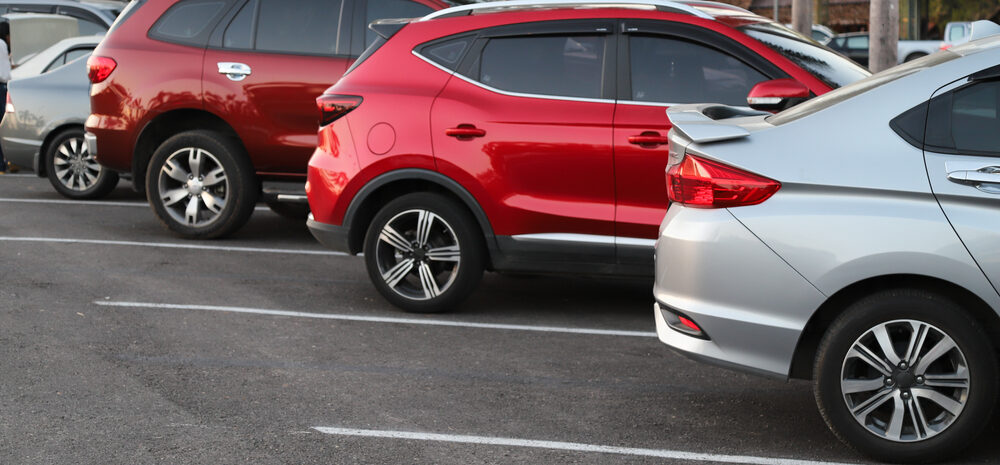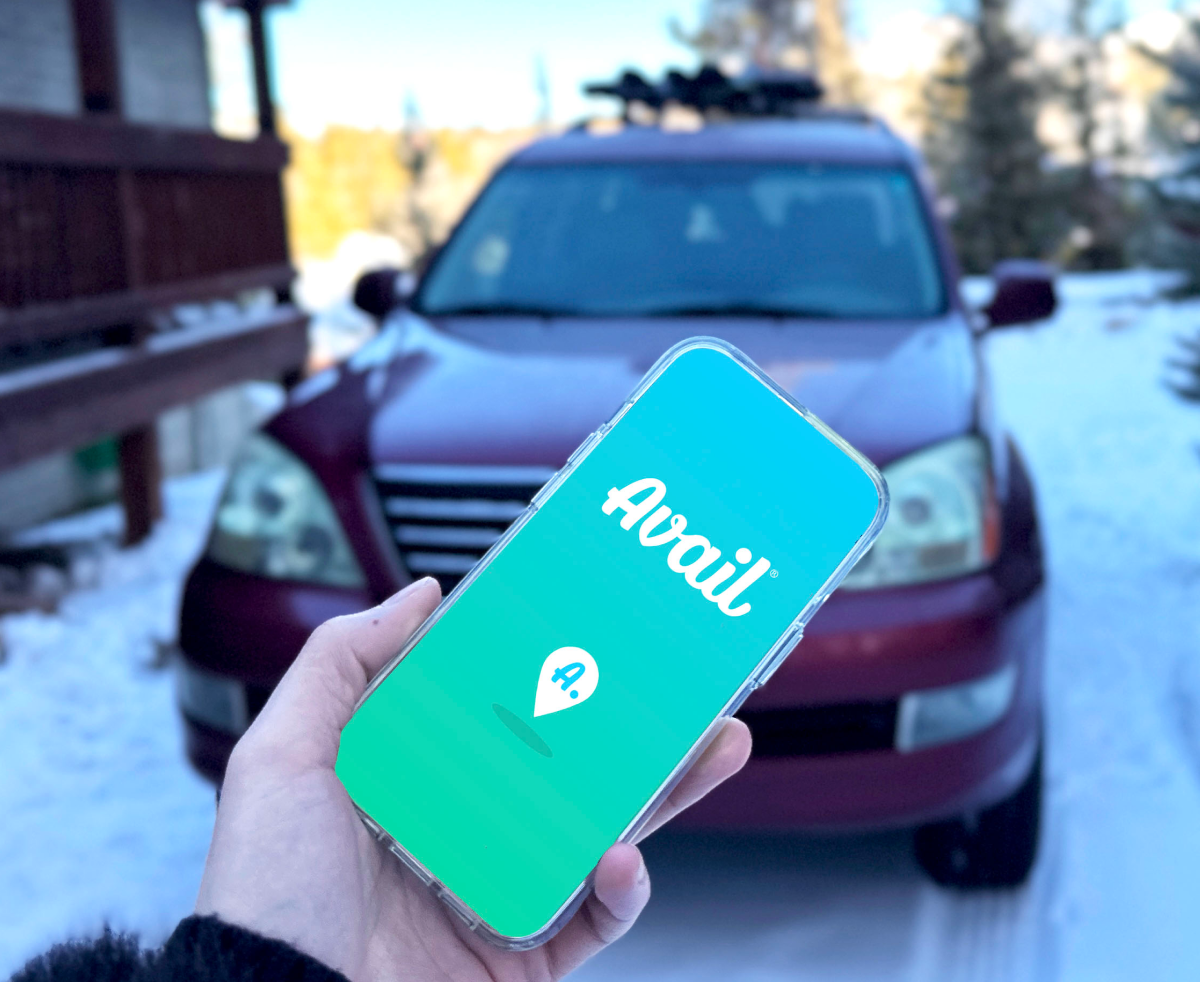

January 31, 2024
How much is a rental car?
You might be looking up how much a rental car is these days because the costs in some instances seem much higher than they were before the pandemic. It’s not just your gut feeling; it’s true that prices have risen, and data from the U.S. Consumer Price Index proves it. There was a lot of volatility during the pandemic — low demand, then high demand, followed by microchip shortages and supply chain issues — that led to rate increases. The good news is that prices are finally trending downward these days.
As you search for rentals and see different pricing, you’re probably wondering what the average cost of a car rental is and how it compares to the rates you’ve been quoted. We’ll share some of the latest research results and help you get a better understanding of what goes into pricing car rentals, as well as what extras you might be charged for, so that you can book your next vehicle with confidence (and hopefully save some money).
Weekly car rental average costs
Let’s start with some hard numbers. Rates can fluctuate by day of the week, so looking at weekly car rental prices will provide us with a better basis for comparison. The table below shows weekly car rental costs for the lowest-priced car class that the company offers, based on a combination of reporting by NerdWallet and Avail’s own internal data.
| Car rental company | Weekly car rental average cost |
| Avail | $462 |
| Enterprise | $480 |
| Budget | $542 |
| Hertz | $552 |
| Dollar | $555 |
| Thrifty | $569 |
| Avis | $570 |
| Alamo | $589 |
| National | $695 |
Sources: NerdWallet and Avail’s internal data
We’re a little biased here at Avail since our car sharing locations are spread across Chicago and Denver, so we pulled the data for those two cities to show how our low rates compare to the general average. We’ve chosen to put our car sharing locations in Chicago and Denver neighborhoods to be able to offer lower rental rates for our customers. NerdWallet’s reporting found that you’ll pay significantly more when you rent from an airport location — 26% more on average, or an extra $126 for a weekly car rental — due to the additional costs incurred by car rental companies for operating an airport lot.
| City | Average weekly car rental rate | Avail’s average weekly car rental rate |
| Chicago | $671 | $440 |
| Denver | $548 | $485 |
Sources: NerdWallet and Avail’s internal data

How rental car rates are determined
There are a variety of considerations that go into the pricing structures that determine how much a rental car is. The following six are the most influential factors that companies use to calculate the base rate.
1. Location
Where you pick up and return your rental car matters. This includes the particular city, the lot location (airport versus downtown) and whether the rental will be returned to the same location where it was picked up.
2. Surcharges
Similar to the location factor, rental car companies build in surcharges for all vehicles and all drivers if the rental location is at an airport or what it considers to be a premium location.
3. Supply and demand
When bookings lag, companies may reduce prices to entice consumers to make a reservation. And during times when there’s an increase in bookings because of a major event in town, for example, local lots may run low on inventory and raise rates due to higher demand.
4. Seasonality
Prices will start rising as shoulder season turns into high travel season, and then decrease as high season moves to shoulder season and into low season. Some destinations that have a constant flow of travelers year round, like New York City, may not have seasonal variations in pricing.
5. Vehicle type
Vehicles that are either in high demand or low supply (or both), such as luxury cars, sports cars and specialty vehicles like large vans, will almost always be more expensive to rent.
6. Rental period
Rental car companies may try to nudge you to book longer by offering a better rate for a long-weekend rental of three days instead of two, for example, or seven days instead of six.
None of these factors are used in isolation, and they are also likely to influence each other. For instance, a seven-day rental may offer a better rate than if you booked for six days, but that might not be the case during times of increased demand. If during your rental search you notice that rates are abnormally high, consider the factors mentioned above and try shifting your dates or rental location to see if it helps reduce how much the rental car is.
One other thing to keep in mind is that booking far in advance may not actually save you money, according to the NerdWallet’s rental car pricing statistics report. So don’t be deterred if you want to take a last-minute getaway or rent a few weeks in advance. But if you want to lock in a vehicle early for peace of mind, book with a company that doesn’t charge a modification or cancellation fee. That way if rates drop, you can adjust your booking and save money. And if not, then you at least have a car locked in for your trip.
Additional car rental costs
The six factors mentioned above influence the daily base rate, but there are also fees from add-ons and extras that could change how much a rental car is once you’re on the checkout screen. Here are three of the most common additional fees you may encounter.
1. Rental car insurance
Car rental companies will always offer this at checkout. You may be able to decline coverage if you have your own personal auto policy that covers rentals or if you are confident that the credit card you booked with offers the coverage that you need. Otherwise, you’ll pay a daily fee to add this protection to your trip.
2. Driver fees
Many companies charge a daily fee if you are a young driver under 25 years old or if you want to add a second driver to your booking. Some loyalty programs and memberships, like AAA and USAA, enable you to get these fees waived.
3. Extra add-ons
You may be offered extra options at checkout, such as to rent a car seat, roof rack or toll transponder, for which you’ll pay an additional fee.
There are also charges you may incur after you drop off the car, such as for returning it late, outside of operational hours, damaged, excessively dirty or with less fuel than it had when you picked it up.

Make renting easier and cheaper with Avail
An easy way to cut costs and book for less is to use Avail car sharing. We help bring down the average cost of car rental by operating neighborhood lots and not charging the fees you’ll encounter elsewhere. Besides affordability, there are several other benefits that make booking with Avail a better option when you need a rental car in Chicago or Denver.
Convenient locations
You don’t need to travel far in Chicago or Denver to arrive at an Avail location. Our lots are spread across town in neighborhoods where people live, work and travel.
Express pick-up and drop-off
All Avail locations are self-service, so you don’t have to wait in a single line to pick up or drop off the car. You’ll use your phone to open a secure on-site key box and retrieve the key, and then just unlock the car you booked and drive off. Returning the car is just as easy.
Better protection
Every trip is protected by Allstate insurance and 24/7 roadside assistance. If you already have auto insurance, we’ll waive the insurance fee if you submit valid proof of your personal policy at checkout.
More flexibility
Avail lots are open from 5 a.m. until midnight. These extended hours mean you don’t have to squeeze your pick-up or drop-off into a tight 9-5 window.
Money saved
We don’t charge extra to add a second driver to your reservation. On top of that, you can modify or cancel your booking without being charged a penalty fee.
Hit the road with Avail
Discover how easy it is to borrow a car whenever you need to drive.





